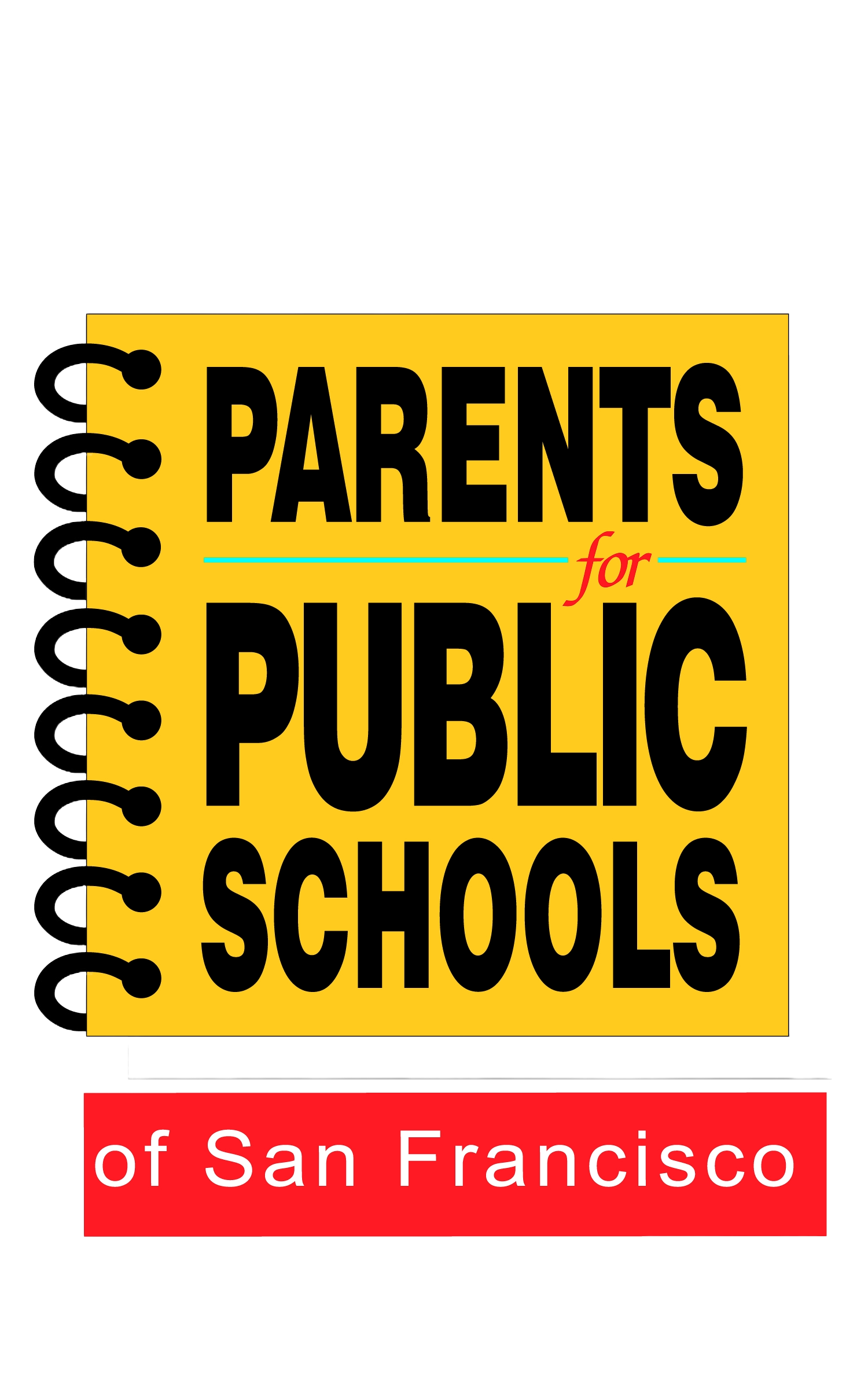What I've Learned About Supporting My Distance-Learning Teen: Guest Blog Post from a Public School Parent
A guest blog post from Kate Moore: a public school parent with a daughter at Roosevelt Middle School and a son at Wallenberg High School.
As our son navigates the last months of his sophomore year at Wallenberg High School by distance learning during shelter-in-place, I have been reflecting on the experience he and his peers are having. What must this situation be like for an adolescent? How do teenagers cope and what is healthy? I am also aware that my skills as a parent are being tested differently too.
Teenagers confined at home present very different challenges to parents than those holed up with small children. How can parents tread the line carefully to help teenagers feel safe, connected and understood?
Rather than peddling any homespun wisdom, I have researched these topics with colleagues at PPS and with youth focussed organizations. Here’s the top five take-aways I found:
1. Understand their frustration over not seeing friends
Bonding with peers is one of the essential developmental tasks of adolescents. Acknowledge that you know it’s frustrating for them to be cut off from friends. Loosening rules about time spent on social media, for instance, will help compensate for the socializing time lost with school closings.
2. Support remote schooling
Keeping up with expectations from school can be challenging. Create a realistic plan with your teenager for getting work done in defined periods. Follow the school schedule and build in breaks and times for socializing, exercising, and entertainment. It’s not going to be as effective as school, but it may become more effective over time.
3. Encourage healthy habits
A consistent sleep schedule is especially important to maintaining a positive mood. And staying up a little later to engage with friends should probably be allowed.Eating properly, being social, and engaging in pleasant activities with the family should be part of the ‘new routine’ but allow time to diffuse tensions if they build up.
4. Validate their disappointment
For many teenagers, the most painful part of the lockdown will be losing important experiences: sports seasons, proms, theater productions, school graduations. Psychologists advise that if they are given room to share how they are feeling, teenagers can acknowledge the stress and move past it. Afterwards, express confidence in your child’s ability to rebound, let them know you’ll be there to support them.
5. Help them practice mindfulness (and do it yourself)
When routines are disrupted and we feel overwhelmed by frustration and disappointment, mindfulness teaches us to tune into our emotions and experience them without judgment. Labelled ‘radical acceptance’, mindfulness teaches us to let ourselves sit with our emotions rather than fighting them. So if a teenager makes a mistake, or expresses anger, don’t jump straight to judgement. Allow them to move on and say, ‘Okay, so now what needs to be done?’
This is Kate!
Kate Moore is a public school parent and PPS-SF’s office manager. Want to share about your experience with public schools? Contact us at info@ppssf.org.
The opinions expressed by guest bloggers are of the individual author only and not necessarily those of Parents for Public Schools of San Francisco or its staff or board of directors.


